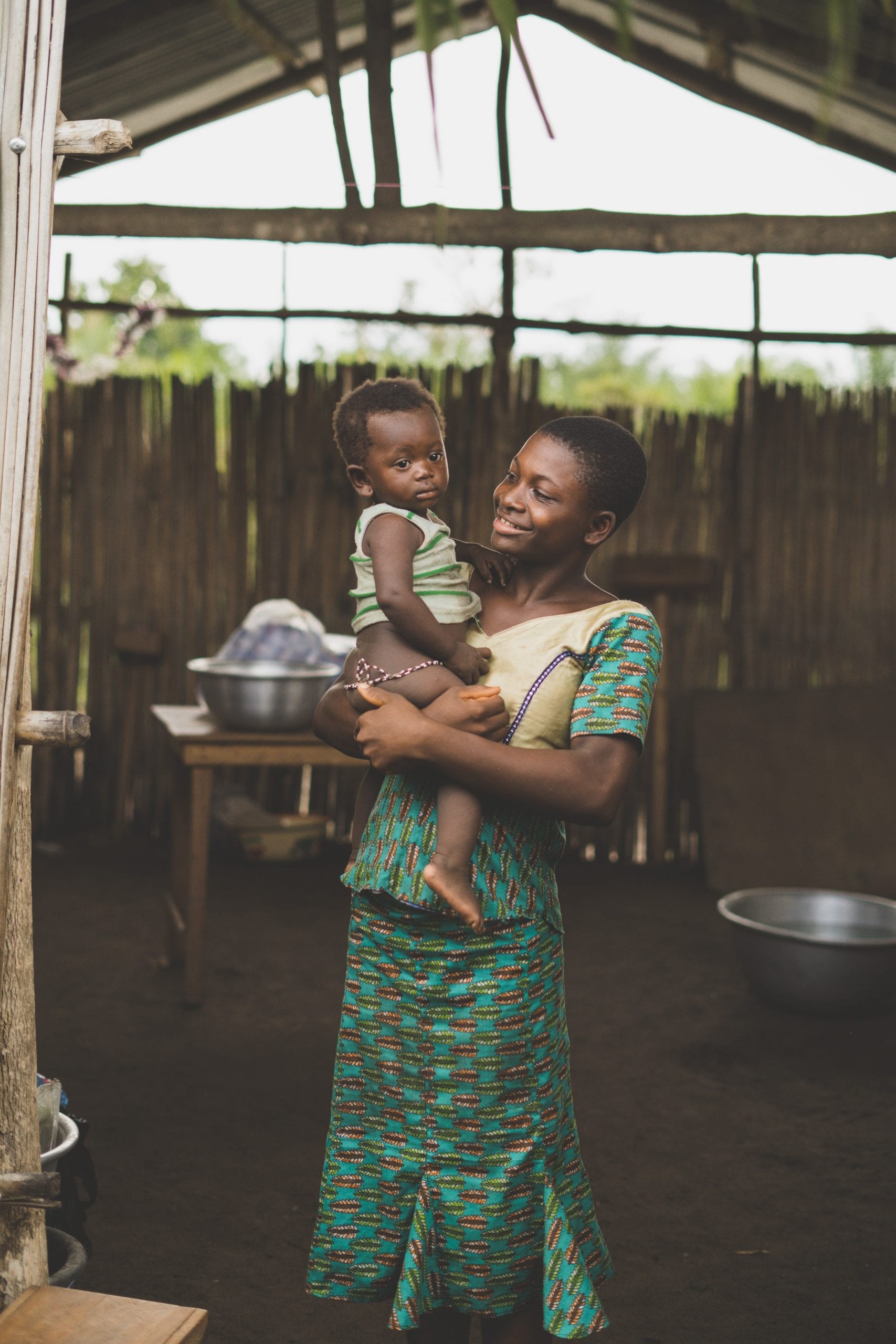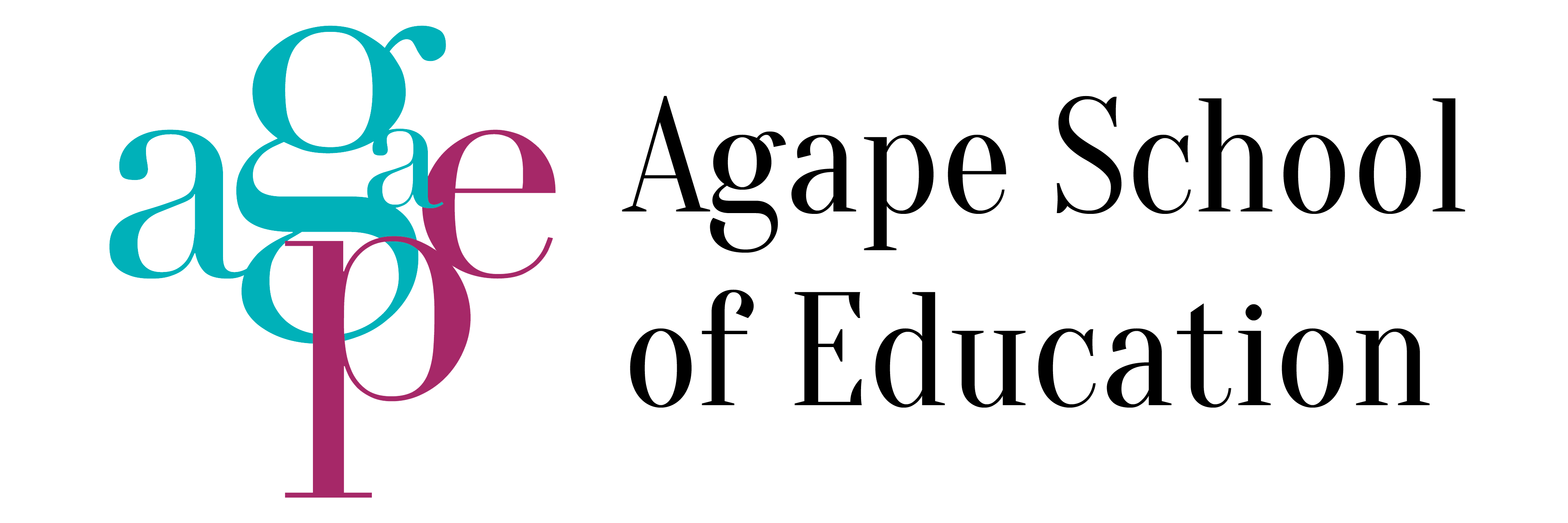Many countries gained their independence after World War One. However, France retained its influence in selected countries in Africa and South-East Asia until the 1960s. As a result of this colonial era, many countries continue to use French as their national language.
On March 20, 1970, 22 such countries sent representatives to Niamey, Niger, to form the Agence de coopération culturelle et technique. This international summit aimed to foster bonds and encourage conversation between French-speaking nations. That’s why March is le mois de la Francophonie (the Month of the Francophonie).
Although, since then, the agency’s aims and goals have changed, as they must, their mission has remained the same. Today, the Agence de coopération culturelle et technique is known as the Organisation Internationale de la Francophonie (OIF), and its influence can be felt all over the world. Comprising of 57 official member states whose primary language is French, the OIF aims to bring French-speaking cultures together and share knowledge and culture.
Départements et Territoires d’ outre-mer (DOM-TOM)
Today, France still governs many countries outside of Europe, which are collectively known as the Départements et Territoires d’ outre-mer. They include countries such as Guadeloupe in the Caribbean, French Guiana in South America, and French Polynesia in the Pacific Ocean.
The United States
In the US, the Francophonie is active in supporting Francophonie events, and the French language can still be heard in the Southern States, namely Louisiana.
Canada
A large part of Canada is French-speaking. Quebec is a region of Canada whose official language is French, and its culture has a strong French influence; it has used language to assert political authority since the 70s.

Africa
Over 100 million people speak French across 31 different African countries such as Tunisia, Morocco, Algeria, Ivory Coast, Senegal, Egypt, Morocco, and Tunisia, which have all had French influences.
Europe
In Switzerland and the South of Belgium, French is the primary spoken language
South Pacific
Tahiti is one of the French Polynesian islands that speak French as well as Tahitian. The French Polynesia, classified as a French’ overseas country’ since 2005, includes 118 different islands and five archipelagos. France also owns the tiny island of New Caledonia (Nouvelle Calédonie) near Australia, although its history is more contentious, as it is used as a nuclear test base.
Bolstering their global reach, since 1989, the OIF has organized les Jeux de la Francophonie – a sporting event like the Commonwealth games – where cultural diversity between the nations is celebrated. Fifty-five countries last competed in the Jeux across various sports, including athletics and football.
With the number of French speakers estimated to reach 800 million by 2070, there is much scope for the OIF to play a more significant role in navigating trends and future challenges.
For the French-speaking world, hopefully, this translates to increased support and a broader scope of applicability. This means that students looking to learn a new language, professionals hoping to boost their employability or travelers wanting to explore the world, have a more significant advantage with French language skills under their belt.
However, language is not just about the semantics and the linguistic rules. It’s about the culture, its people, and a holistic view of learning. This is what you get at the Agape School of Education (ASOE).
With our custom learning materials, native-speaking teachers, and customizable courses, it’s no wonder that the ASOE has a proven track record of helping their students succeed.



0 Comments